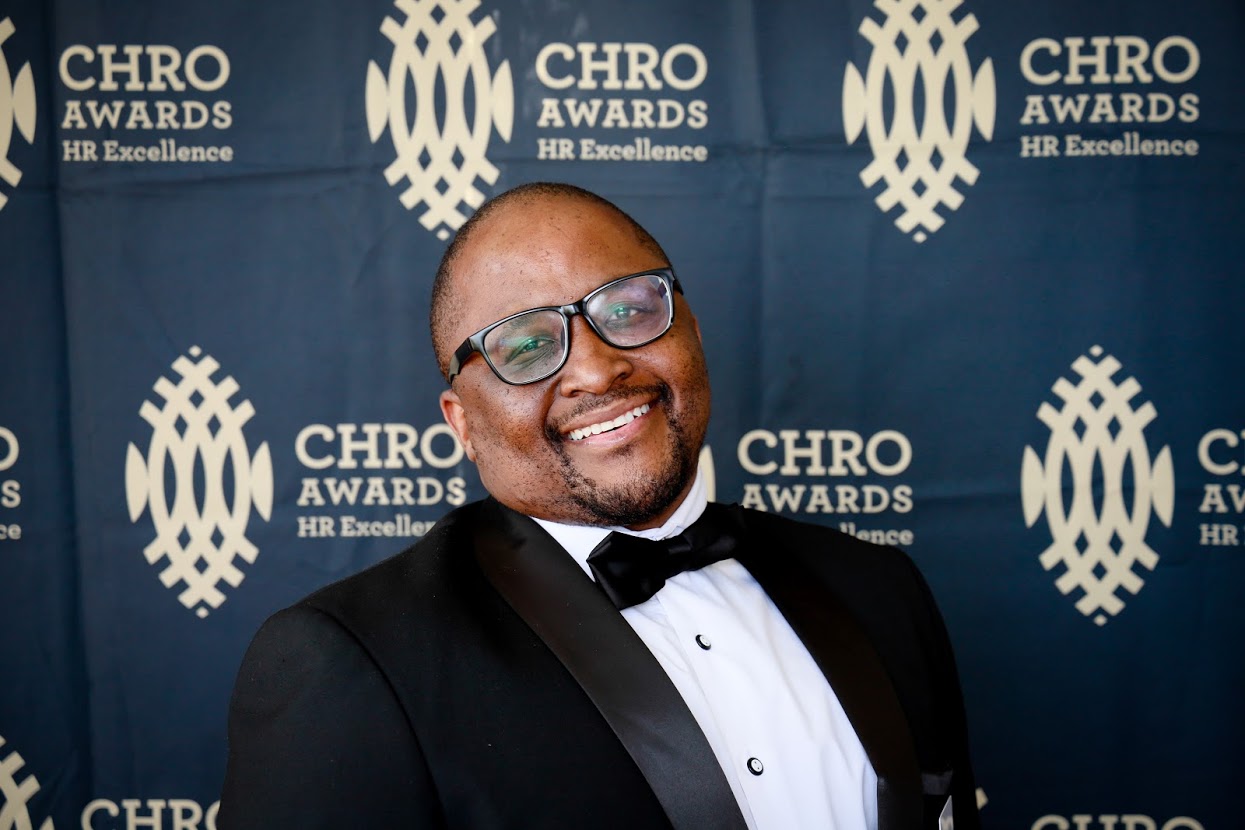He says the best way to combat legal faux pas related to such matters is to make sure that all parties are well-informed.
Aadil Patel, the National Head of the Employment practice at law firm Cliffe Dekker Hofmeyr, says the recent spate of media reports shining a light corporate South Africa’s culture of sexual harassment and discrimination is indicative of an issue that society is no longer willing to tolerate. As custodians of the well-being and the treatment of the people in their organisations, the HR profession must take the lead in confronting this problem. And, while there are many other challenges facing the HR profession – digitization, transformation, leadership deficit, talent management, diversity - this is one that Aadil says must urgently be attended to. Failing to do so will have serious implications for the employer extending beyond bad publicity, to the possibility of financial liability for the conduct of its employees.
Bill Cosby has recently been found guilty of sexual harassment and will soon be sentenced to jail. Meanwhile, also in Hollywood, disgraced movie mogul Harvey Weinstein is facing a series of civil lawsuits; and his former production company, Weinstein & Co, which made so many Oscar-winning films, has been forced to file for bankruptcy.
“The biggest challenges facing HR from a legal perspective are race and gender discrimination. It is not because of the political environment, it is because people are more aware of their rights and have become more assertive demanding them,” says Aadil, who sees the increased reporting of such incidents as a positive thing because it means it means government, civil society and corporates are doing something right as more people are empowered to fight for their rights.
Race and gender discrimination in the spotlight
In South Africa, it was the story of Nerisha Singh, the former Director for Risk Advisory in the Forensic Division at Grant Thornton South Africa, that raised eyebrows. She alleged the boss had made suggestive comments, touched her inappropriately, and bought her an expensive necklace, and that the executive leadership of the company tacitly condoned such behaviour as it was not his first offence. Another shocking headline involved more than 20 female employees at a branch gambling franchise TopBet, who, under the instruction of management were forced to undress and were physically inspected in search to find the culprit behind the menstrual blood discovered in a communal staff toilet.
[chro-cta slug=mondel-z-international-s-cebile-xulu-at-hr-indaba-2020-on-14-15-october-2020]
Meanwhile, Eskom Director Mark Lamberti has recently resigned from the Eskom board and could still be found personally liable to pay up to R23 million after a former employee of a company at which he was the CEO won her case of race and gender discrimination.
Empowering through knowledge sharing
All these companies’ reputations have suffered a great deal and this is something that Aadil says could have been avoided in the leadership within those organisations had simply been more informed about the potential liability they would be facing.
In his day-to-day role, Aadil views knowledge sharing as a big part of the work they do. The company puts together documents like sexual harassment guidelines which explain what are the parties rights and obligations within the workplace should there be allegations of sexual harassment. That way, when companies come for legal consultations, they would have already followed the due process, instead of having to incur legal fees from the onset.
“We strive to share as much information as possible because that is how you empower people. There are so many social and economic problems that could be avoided if more effort could be put into ensuring that every citizen is well informed. Whether it is with regards to matters of finance, health or law, people’s ability to make the right choices in life and in business hinges on whether they have access to quality information,” says Aadil, adding that it was while completing his articles at the WITS Law Clinic that he realised just how inaccessible the law is for the ordinary man on the street.
He says this approach can and should be applied to people of all professions, including HR Directors who he says are most likely to thrive when they empower the people in the organisation by giving them all the tools and information that they need to thrive so that they can be the masters of their own destinies.
In this way, race and gender discrimination can be brought to light and we can jointly fight this scourge .
From 2015–2018 Aadil was ranked in Band 2 for employment by Chambers Global, a research firm which identifies and ranks the world's best lawyers and law firms based on in-depth, objective research. Meanwhile, The Legal 500 EMEA 2012–2017 recommended him for employment. Best Lawyers International 2018 listed him for labour and employment. He was named as the exclusive South African winner of the ILO Client Choice Awards 2014 in the employment & benefits category.












